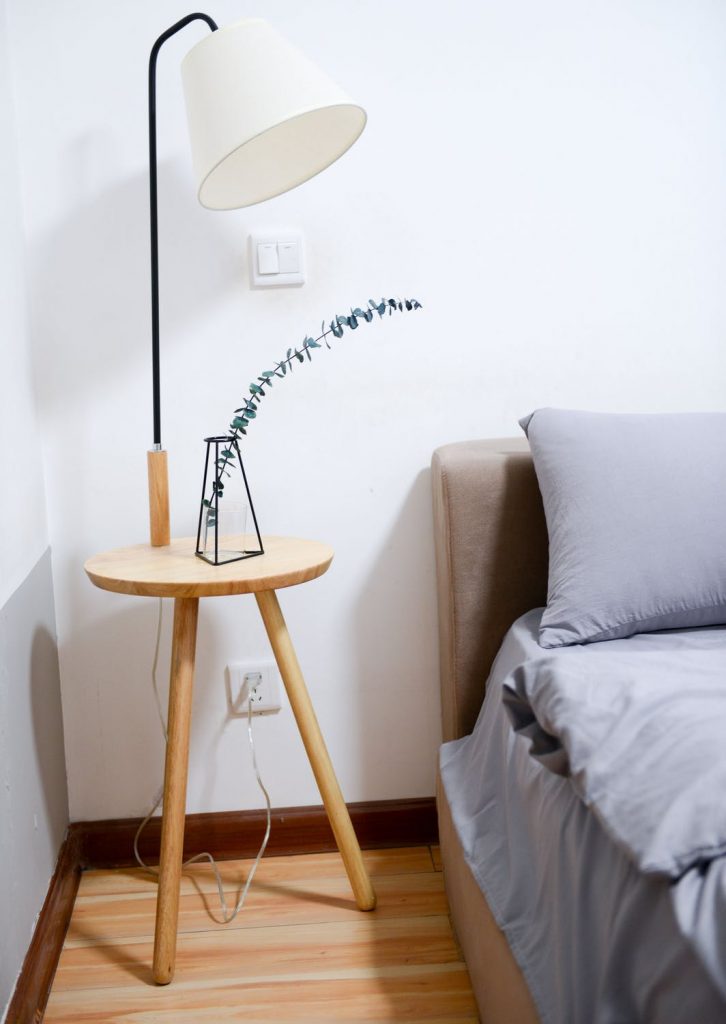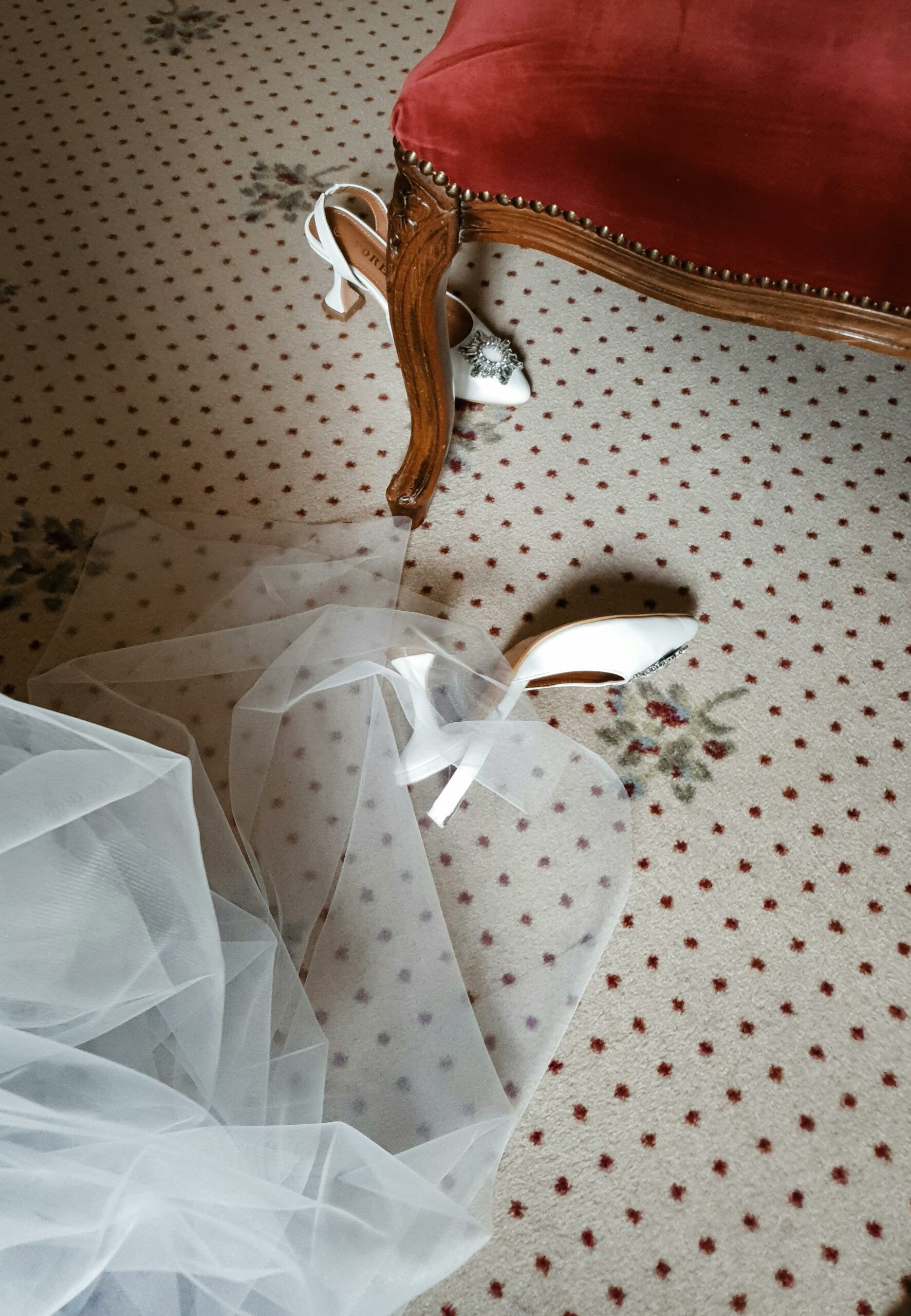If you have ever had a bed bug infestation, you know how frustrating and time-consuming it can be to get rid of them, and unfortunately, one of the most common places they like to reside – hence the name – is beds.
If you’re looking for ways to prevent bed bugs from coming into your home or returning after treatment, mattress covers might seem like a good idea. Do they work, though? In this article, we will uncover whether a mattress cover can prevent these pests from infiltrating your sleep space.

What are Bed Bugs?
Bedbugs are small, wingless insects that feed on human blood. They are brownish-red in color and can be around five millimeters when fully grown. These pests typically hide in the crevices of box springs, mattresses, headboards, bed frames, and other items near beds.
They are known for feeding at night when their hosts are sleeping, which is one reason why they cause people so much distress.
Bed bug bites look like red dots and often form in rows or clusters. While the bites themselves don’t pose a serious health risk, they can be unsightly, and those who are allergic may experience itching, blisters, or hives.
Bed bugs are more common in places where different occupants stay, such as hotels, apartment buildings, and dorm rooms.
Do Mattress Covers Prevent Bed Bugs?
The jury is out on this one. While some experts say yes, mattress covers prevent bed bugs, others say they won’t totally deter these pests. We can conclude, though, that a mattress cover will significantly help.
Firstly, encasing your mattress can help lock in bed bugs, and with no human blood to feed on, they should eventually die out.
Secondly, if the bugs are located on areas like your box spring or bed frame, a cover can help stop them from getting to your mattress, and eventually, to you. Another benefit to mattress covers is that they can extend the life of your mattress by reducing their exposure to things like bed bugs and other allergens.
How to Protect Your Home From Bed Bugs
The first step to protecting your home if you experience an infestation is a professional evaluation. A pest control specialist can help advise you on a plan of action, including the best treatment options and how often you’ll need follow-up services.
It’s also important to be proactive about preventing bed bugs from coming into your home in the first place. Firstly, you should reduce the number of places they like to hide by eliminating as much clutter as possible.
Regularly cleaning your bedding is also very helpful. Use heat to your advantage by washing these items in hot water and drying them in heat to kill the bugs. However, some manufacturers may advise against washing or drying their products in heat, so we suggest checking with the manufacturer to avoid damaging any of these items.
Vacuuming can also help get rid of bed bugs, but you should throw out the bag and immediately replace it with a new one when you are done.
What Should I Do if I Have Bed Bug Bites?
If a bed bug has bitten you, there are things you can do to treat the problem at home. For starters, you should apply a hydrocortisone skin cream to the bites. The cream will help reduce any swelling and itching.
You can also take an oral antihistamine like Benadryl, which provides similar results to hydrocortisone cream.
However, treating bed bugs bites is only a temporary solution; you must also be vigilant about tackling the source of the problem by trying to eliminate the bugs themselves.






